If you've come to any of our ranch classes, you've been introduced to Weston P. Price Foundation (WPF). This organization provides :
“accurate information on nutrition and health, always aiming to provide the scientific validation of traditional foodways. People seeking health today often condemn certain food groups — such as grains, dairy foods, meat, salt, fat, sauces, sweets and nightshade vegetables — but the Wise Traditions Diet is inclusive, not exclusive. “
WPF advocates a diet consisting of traditional foods.
WPF shows you how to include all these nourishing traditional foods in your diet through wise choices and proper preparation techniques.
What is traditional foods?
So what do they mean by saying traditional foods?
In essence, traditional foods are those whole and ancient foods that have been eaten for centuries and even millenia. They are the foods that your ancestors (think a handful of generations ago when all cooking was from scratch) would have eaten. They are simple, naturally grown or raised, nutrient-dense, thoughtfully prepared. They are not fads (in fact, they tend to go in direct opposition to most conventional nutritional advice these days).
Traditional foods are:
Foods in their original form, as they were created— not processed, not packaged.
Foods that have a long history of supporting good health.
Foods that are whole and nutrient-dense.
Foods that are simple and basic: meat and poultry, eggs, whole grains, fish, beans and legumes, vegetables, fruit, nuts and seeds, dairy, fats.
Traditional Foods Aren’t:
Low-fat, low-cholesterol, vegetarian or vegan
A one-size fits all diet (rather it has to do with a healthful variety of foods that are local to you, so if you live on the coast you may eat more fish, but if you live in a fertile valley you may eat plenty of raw dairy and vegetables).
The so-called “health foods” that you’ll find with bold labels on the store shelves.
"In the simplest explanation, traditional foods focused on four basic principles: 1) avoidance of modern, refined foods; 2) celebration of unrefined, whole and natural foods; 3) respecting the importance of nutrient-density in our food and 4) preparing and eating foods in the same manner that nourished our ancestors and kept them well. In essence, if your great-great-great-great-great-great grandmother wouldn’t recognize it, don’t put it in your mouth."
From Nourished Kitchen
Which Foods are Traditional?
Pastured, grass-fed and free range meats (cow, goat, lamb as well as wild meats like deer, moose, elk, etc.) and poultry. Also included are organ meats from any of these animals, which were highly prized by traditional cultures.
Fish that are wild, and preferably from less polluted waters (like Pacific/Alaskan salmon, for example). Cod liver oil is also a historically-valued natural food supplement and an important source of nutrients.
Eggs from pastured hens.
Raw (unpasteurized, un-homogenized) dairy products from cows and goats that are grass-fed (not grain-fed). This especially includes cultured dairy products like yogurt, kefir, creme fraiche or sour cream, and cheeses.
Whole grains that are soaked, sprouted or made using sourdough fermentation methods.
Organic or ecologically grown vegetables and fruits.
Bone broths made from the bones of the above-mentioned animals and fish.
Lacto-fermented vegetable and fruit condiments, such as sauerkraut, chutneys, pickles, ketchup, various dressings and sauces, etc. Also, fermented beverages, such as kombucha, water kefir, beet kvass and others.
Fats such as butter, beef tallow and other animal fats, unrefined coconut oil, palm oil, extra virgin olive oil.
Raw nuts and seeds, that have been soaked for improved digestion.
Wholesome sweeteners like raw honey, maple syrup, dried fruits, small amounts of unrefined sugars like Sucanat or Rapadura.
Unrefined sea salt, which is full of minerals. Also, fresh or dried herbs and spices.
How many traditional foods are you currently including in your diet?



